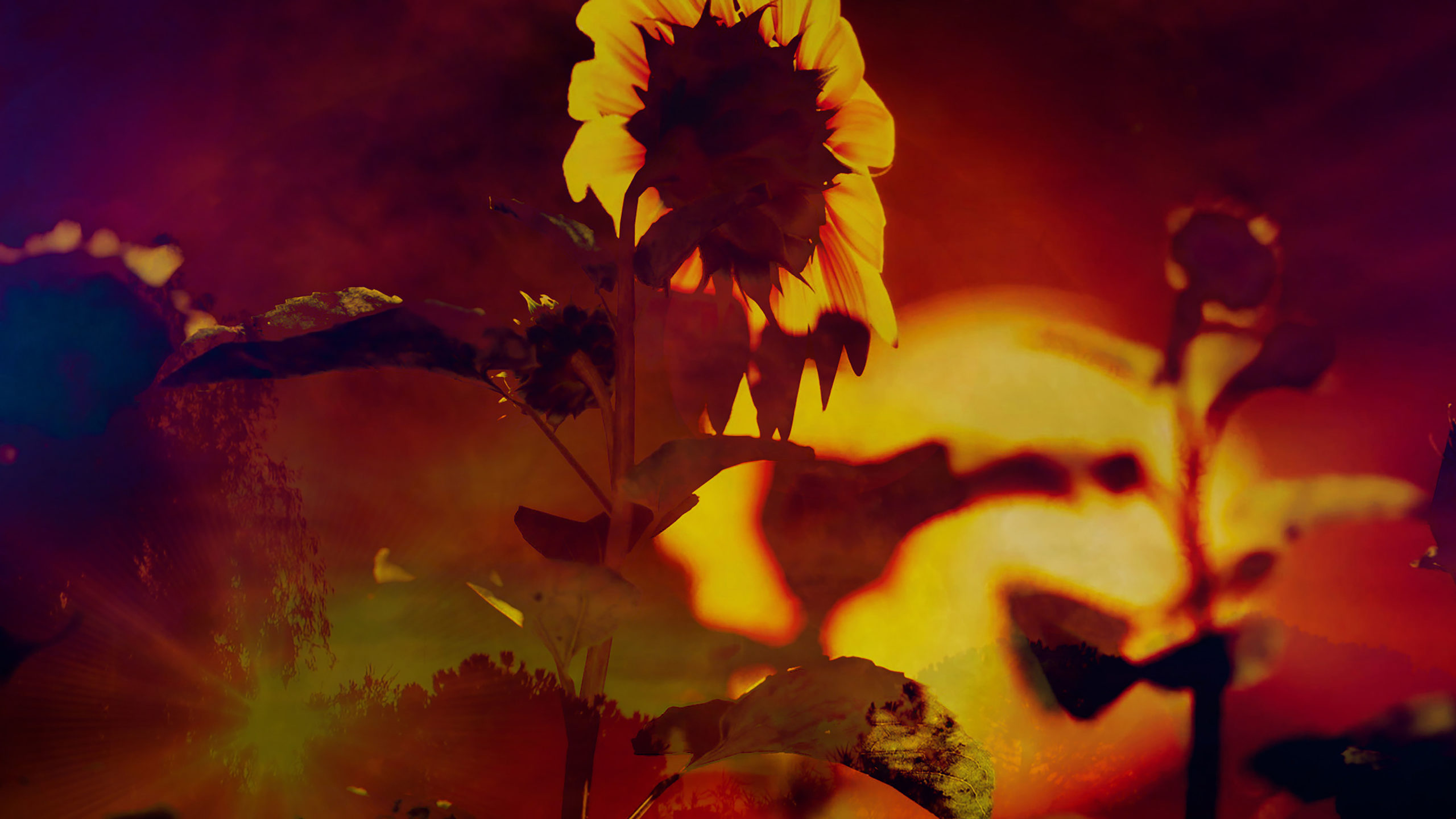
In the Beginning, Woman Was the Sun (2022) by Sylvia Schedelbauer
potential energies
Saturday, September 9 | 1pm at Gray Area
Like dialogues drifting across decades, personal archival explorations lead to visceral meditations on transgenerational lineage, struggle, trauma and triumph. Familial and cultural histories unfurl in polyphony while overwhelming color and aetherial energies dance, flicker and flow into the present moment.
SCREENING: that what moves: fingerinesses (2023) by Blanca García (Spain); Super-8mm screened as digital video, color, silent, 4 minutes. On Unshaped Dialogue (2023) by Charlotte Clermont (Canada); digital video, color, sound, 4 minutes. Bye Bye Now (2022) by Louise Bourque (Canada/Acadian); digital video, color, sound, 9 minutes. Education lost (2022) by Francisco Álvarez Ríos (Ecuador); digital video, color, sound, 13 minutes. Agua del Arroyo que Tiembla (2021) by Javiera Cisterna (Chile); digital video, color, silent, 10 minutes. In the Beginning, Woman Was the Sun (2022) by Sylvia Schedelbauer (Germany); digital video, color, sound, 18 minutes. TRT: 58 minutes
program community partner: Artists’ Television Access
PROGRAM TICKETS
$12 General/$10 Cinematheque Members, Gray Area Members & students (with ID)
FESTIVAL PASSES
$110 General/$88 Cinematheque Members, Gray Area Members & students (with ID)
← 1 2 3 4 5 6 7 8 9 10 →
CROSSROADS 2023
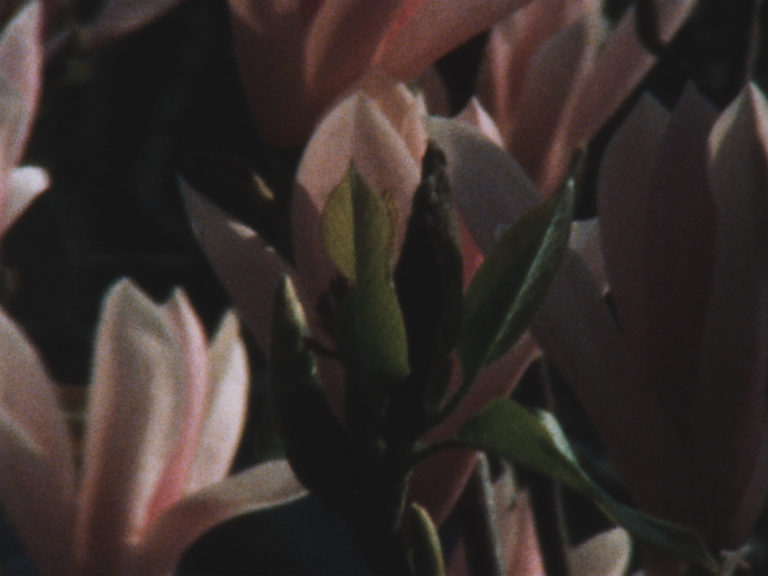
that what moves: fingerinesses (2023) by Blanca García
Seeing leaves one thinks of hands, their fingerinesses are budlike. (Robert Walser).
Filmed during the Spring of 2022, letting the season unfold while at home, convalescing, the passage of time only enduring in the blossom of the magnolia tree. Part of the film diary series that what moves. (Blanca García) world premiere
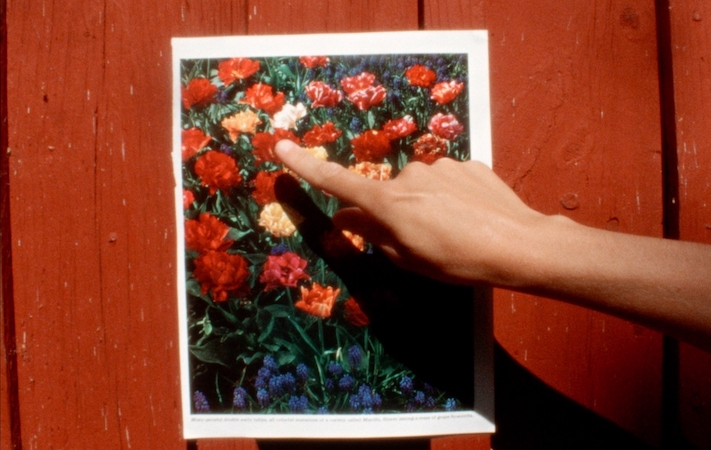
On Unshaped Dialogue (2023) by Charlotte Clermont
We can invent stories that use the figures we have encountered. Images that combine with those of the present and the past, from video synthesis to film. We can invent stories that use loved ones to recite texts about mathematics. They can also touch objects, with attention. Objects, without sleeping. Loved ones who don’t feel the same way. Those who read the compensation table of multiple exposures to get lost. Voiceover by Roberto Santaguida. (Charlotte Clermont) bay area premiere
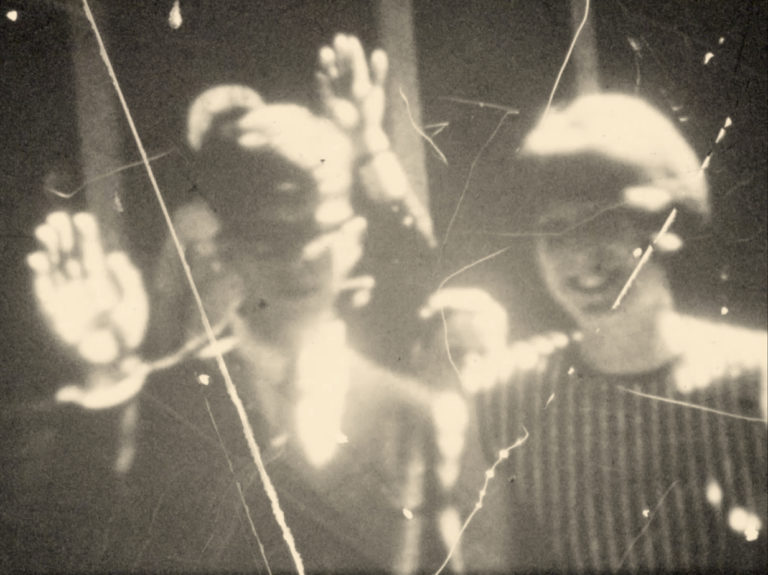
Bye Bye Now (2022) by Louise Bourque
The very gesture of waving HELLO to the movie camera in itself (re)presents a recurring GOODBYE to a fleeting moment. Made in homage to my father, this film traces past lives lived in these personal 8mm family archives he left me. (Louise Bourque) bay area premiere
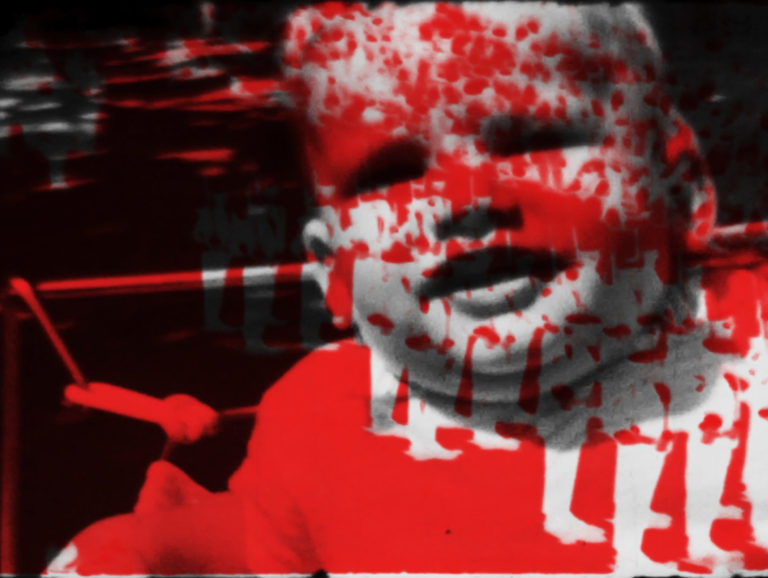
Education lost (2022) by Francisco Álvarez Ríos
Education Lost forges an adverse portrait of Ecuador and its social distances. The film introduces a subjective wandering through out the turbulent paths of an unfortunate nation. The encounter with abandoned images gives me a chance to face the experience of perception through the eyes of others and celebrate the simple beauty of the visible. The images that built up Education Lost came from lost and found amateur Ecuadorian film footage, outlining the precariousness of some and the opulence of others. I use these images as outputs, unfortunate beats upon a country and the society of it. This visual exercise opens up the way for a sound execution that seeks to disintegrate the sound of reality through dissociated synthesizers and cassettes. (Francisco Álvarez Ríos) north american premiere
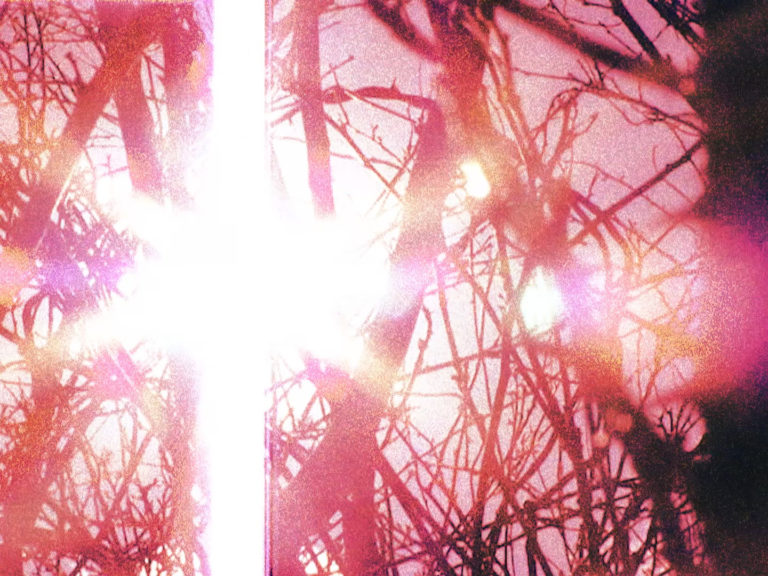
Agua del Arroyo que Tiembla (2021) by Javiera Cisterna
A glimpse over the Diguillín river through the mechanical eye of an old digital camera. Light’s trail presents itself fortuitously over the reflection of the sun on the water, tracing infinite threads of concrete luminous information. (Javiera Cisterna) US premiere
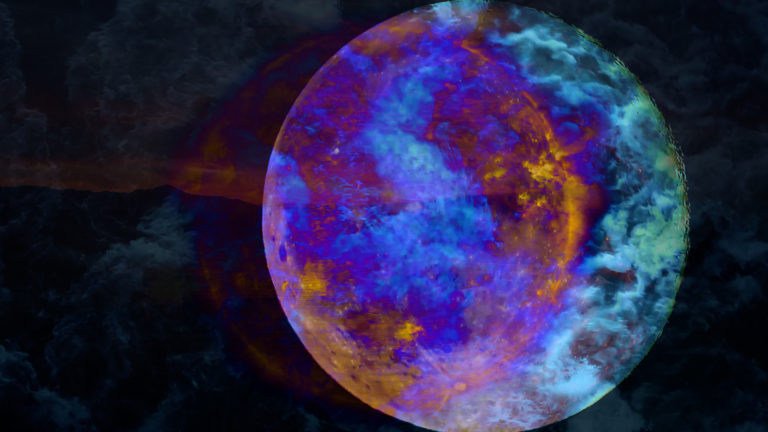
In the Beginning, Woman Was the Sun (2022) by Sylvia Schedelbauer
A personal homage to Japanese suffragettes and feminists, and to the sun that shines within. (Sylvia Schedelbauer) bay area premiere
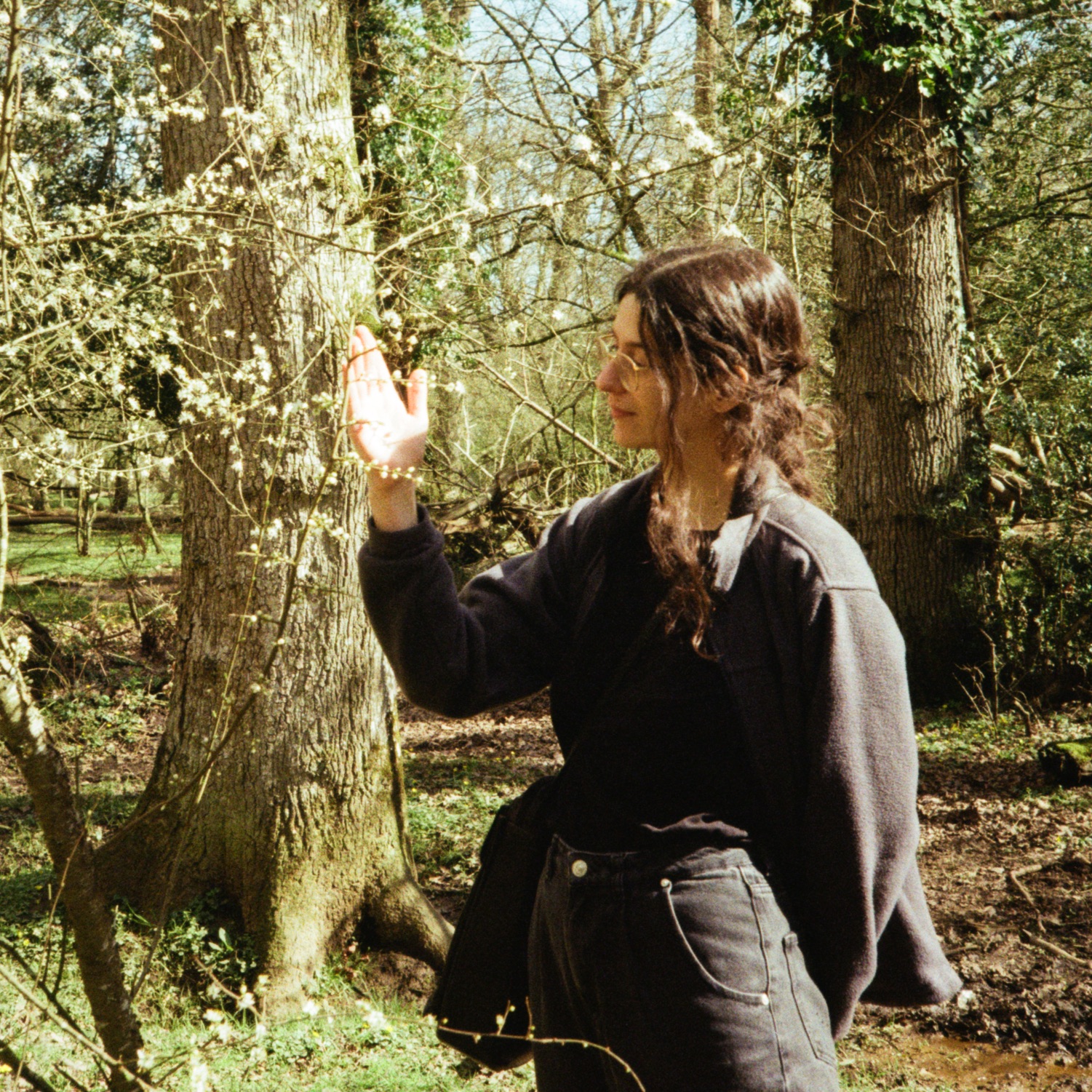 Blanca García (Spain) Writer, researcher, librarian and filmmaker currently based in London UK. My super-8 practice is an extension of some of my research interests—mainly the implications of reversal film’s indexicality and the interactions between visual and verbal poetics through in-camera editing.
Blanca García (Spain) Writer, researcher, librarian and filmmaker currently based in London UK. My super-8 practice is an extension of some of my research interests—mainly the implications of reversal film’s indexicality and the interactions between visual and verbal poetics through in-camera editing.
 Charlotte Clermont (Canada) creates a dialogue between video and audio explorations to examine our perceptions of the real. The performative aspect of her practice, moved by a desire to transpose the elusiveness of lived moments, is embodied in her singular way of working with analogue recording devices. Using materials from her immediate environment, she works upon the chemical sensitivity of film through various alterations, while leaving a large place to chance. She holds a bachelor’s in Studio Arts from Concordia University and lives and works in Montréal.
Charlotte Clermont (Canada) creates a dialogue between video and audio explorations to examine our perceptions of the real. The performative aspect of her practice, moved by a desire to transpose the elusiveness of lived moments, is embodied in her singular way of working with analogue recording devices. Using materials from her immediate environment, she works upon the chemical sensitivity of film through various alterations, while leaving a large place to chance. She holds a bachelor’s in Studio Arts from Concordia University and lives and works in Montréal.
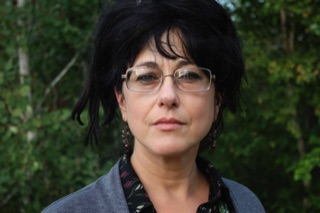 Louise Bourque is an Acadian French Canadian filmmaker living in Montréal. Over the years, her films have been screened in museums and galleries worldwide, including at the Museum of Civilization and the National Museum of Fine Arts of Quebec in Quebec; the National Gallery of Art in Washington, DC’ the Museum of Modern Art and the Whitney Museum of American Art. Bourque has received numerous honors for her work and has had several retrospective screenings, including one at La Cinémathèque québécoise in 2021, with the book Imprints: The Films of Louise Bourque, edited by Stephen Broomer and Clint Enns, was officially launched on the occasion.
Louise Bourque is an Acadian French Canadian filmmaker living in Montréal. Over the years, her films have been screened in museums and galleries worldwide, including at the Museum of Civilization and the National Museum of Fine Arts of Quebec in Quebec; the National Gallery of Art in Washington, DC’ the Museum of Modern Art and the Whitney Museum of American Art. Bourque has received numerous honors for her work and has had several retrospective screenings, including one at La Cinémathèque québécoise in 2021, with the book Imprints: The Films of Louise Bourque, edited by Stephen Broomer and Clint Enns, was officially launched on the occasion.
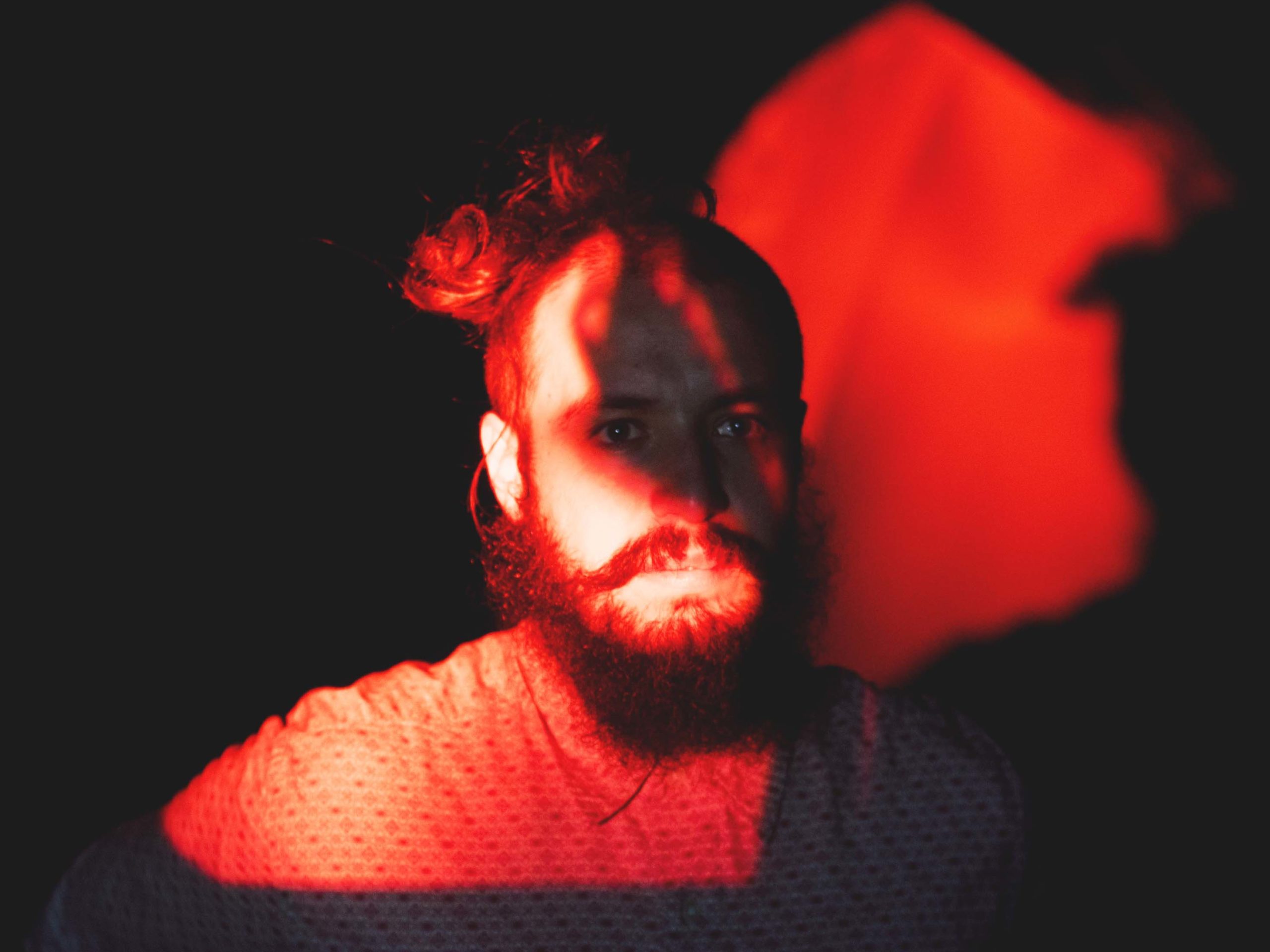 Francisco Álvarez Ríos (Ecuador) is the director and curator of the Cámara Lúcida International Contemporary Film Festival. In his work as an film artist, he investigates reality and its fugues, approaching it from different explorations around the demystification of the image.
Francisco Álvarez Ríos (Ecuador) is the director and curator of the Cámara Lúcida International Contemporary Film Festival. In his work as an film artist, he investigates reality and its fugues, approaching it from different explorations around the demystification of the image.
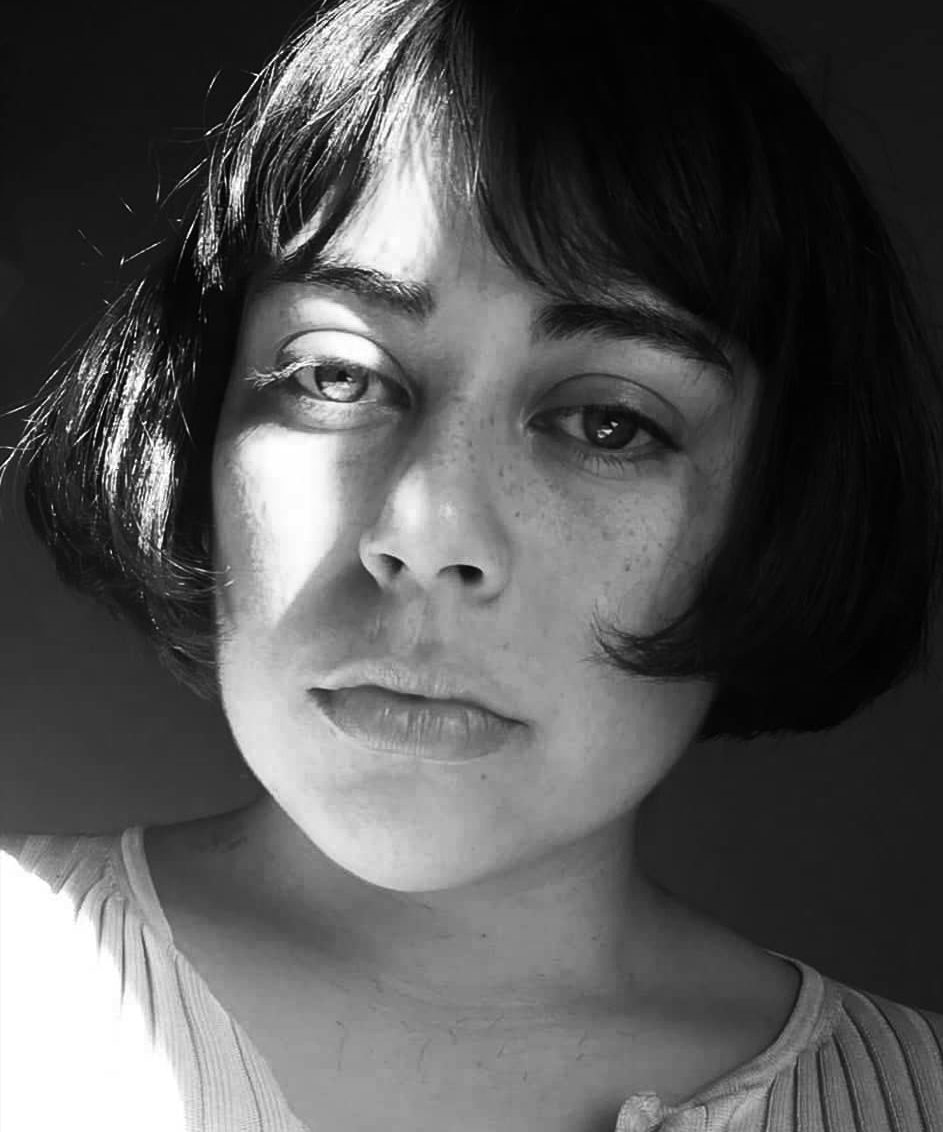 Javiera Cisterna (Chile) has been working on various shorts films on different formats. As of right now, she is working on her first long form project, a series of shorts named Reír al Sol, made with a scanner. She also has finished a number of short films that deal with images and their digital composition, including Erial, ruido; rauca and Water from the tremulous stream.
Javiera Cisterna (Chile) has been working on various shorts films on different formats. As of right now, she is working on her first long form project, a series of shorts named Reír al Sol, made with a scanner. She also has finished a number of short films that deal with images and their digital composition, including Erial, ruido; rauca and Water from the tremulous stream.
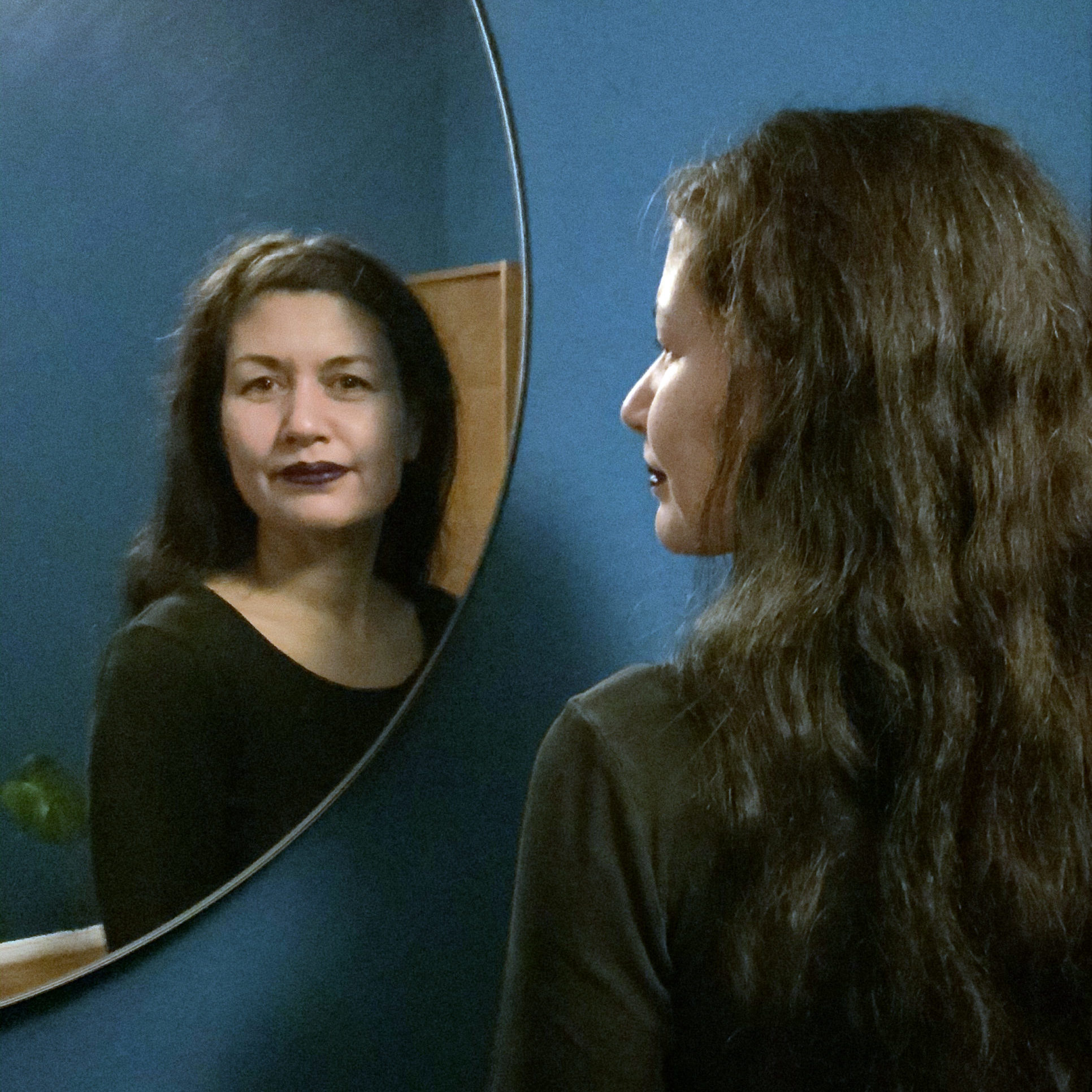 Sylvia Schedelbauer (Germany) Schedelbauer’s films negotiate the space between broader historical narratives and personal, psychological realms mainly through poetic manipulations of found and archival footage. She lives and works in Berlin.
Sylvia Schedelbauer (Germany) Schedelbauer’s films negotiate the space between broader historical narratives and personal, psychological realms mainly through poetic manipulations of found and archival footage. She lives and works in Berlin.
